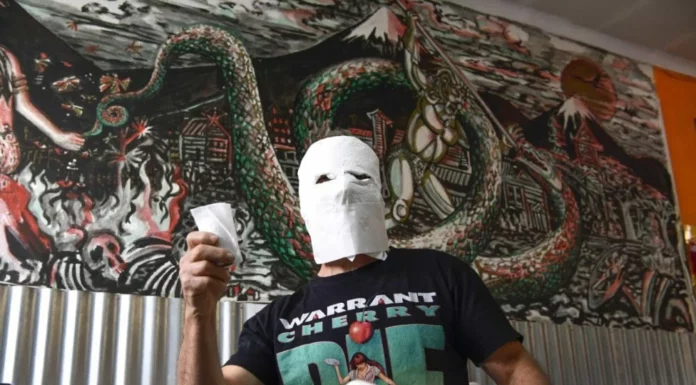In a time of fear and panic, it’s important to separate fact from fiction.
Fake remedies for coronvirus hound the internet. But the World Health Organisation has urged everyone to educate themselves about the virus to alleviate unnecessary fears.
It is not true that the virus can be spread through bank notes.
The South Africa Reserve Bank reports that criminals are carrying fake SARB identification, asking people to hand over their cash hard earned cash by claiming it is contaminated with Covid-19.
And just like garlic didn’t help cure HIV/AIDS, the Department of Health says it won’t kill the corona virus either.
WHO reports that although garlic has some antimicrobial properties, there is no evidence that it protects people from Covid-19.
And taking a hot bath may help with aches and pains, but will not prevent you from catching Covid-19.
The best way to protect yourself is by frequently washing your hands for at least for 20 seconds.
It’s been proven that washing the hands eliminates viruses that may be on your hands and can avoid infection when touching your eyes, mouth, and nose.
Spraying alcohol or chlorine and other chemical substances will not kill corona – it can leave you with burns. It’s best to use such chemicals to disinfect other surfaces.
WHO does however recommend, to use an alcohol-based hand sanitiser when water is not available, sneeze and cough into a tissue and immediately dispose of the tissue, limit physical contact with people and avoid large gatherings at all costs.
There's a lot of misinformation floating around about #COVID19SouthAfrica . Let's get the right information out there to #FightCOVID19 pic.twitter.com/JaYcVr5cro
— Department of Health: COVID-19 (@COVID_19_ZA) March 19, 2020
All public visits to correctional centres have been suspended for 30 days to #FightCOVID19 #CoronavirusInSA . This may be extended depending on the spread of the virus. pic.twitter.com/n2BBPacp47
— Department of Health: COVID-19 (@COVID_19_ZA) March 19, 2020
Why is it called Covid 19?
Viruses, and the diseases they cause, often have different names. Viruses are named based on their genetic structure to facilitate the development of diagnostic tests, vaccines and medicines. International Committee on Taxonomy of Viruses (ICTV announced “severe acute respiratory syndrome coronavirus 2 (SARS-CoV-2)” as the name of the new virus on 11 February 2020. This name was chosen because the virus is genetically related to the coronavirus responsible for the SARS outbreak of 2003. While related, the two viruses are different. – who.int



